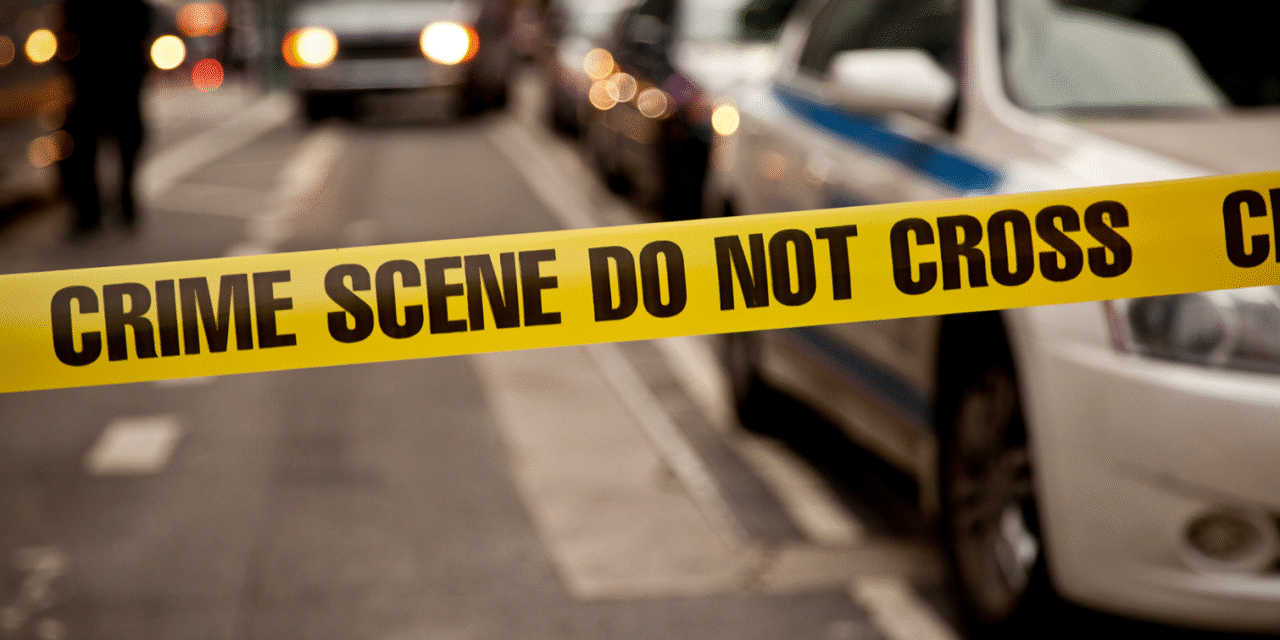The death of a 23-year-old Ukrainian refugee at the hands of a homeless criminal pushes the crime debate to a tipping point.
After the death of Iryna Zarutska on August 27th, Charlotte Mayor Vi Lyles addressed the media. Speaking about Zarutska and crime more broadly, Lyles told reporters, “We will never arrest our way out of issues like homelessness and mental health.” Decarlos Brown Jr., the man accused of murdering Zarutska, had 14 prior arrests and a diagnosed personality disorder. Lyles attributed Brown’s actions to his “crisis” and to gaps in the social safety net. Video from the train appeared to show Brown saying, “I got that white girl,” as he fled the scene at the next stop.
“The Democrats’ soft-on-crime policies and bizarre focus on DEI in crime have fueled a crime crisis in Democrat-run cities around the country,” White House spokeswoman Abigail Jackson said Wednesday. “This is not a ‘complicated issue,’ as many Democrats and left-wing media outlets have claimed. It is very simple: Violent criminals belong behind bars, not sitting behind innocent bystanders on public transportation.”
Democrats’ issues with crime are not new under President Trump. In July 2024, after a tough-on-crime challenger defeated a progressive prosecutor in Portland, President Joe Biden urged Democrats to take a “common sense” approach to the party’s crime problem, saying that “well-meaning ideas” had run their course. Democratic insiders said voters rejected “soft-on-crime” policies such as cutting police budgets, declining to prosecute certain offenders, releasing violent offenders from prison, and attempting to expand sanctuary city protections.
Even some voters who oppose President Trump credit him with trying to address crime. One 63-year-old Navy veteran said that while he disapproved of Trump’s use of the National Guard, the president was “at least doing something.”
A recent ABC poll found that 68% of Democratic voters disapprove of Trump’s handling of crime, even as several large cities report near 30-year lows in crime rates under his presidency. Among independents, more than half support Trump’s approach. President Trump also received support for condemning widespread rioting. He vocally denounced both the Anti-Israel movements on college campuses, and the George Floyd protests in 2020.
Zarutska’s murder has renewed focus on crime policy, prompting leaders to consider the best path forward to make cities safer
Attorney General Pam Bondi announced that the DOJ would seek the death penalty for Decarlos Brown Jr., while Utah Gov. Spencer Cox said he would do the same for the college student accused of murdering Charlie Kirk. The White House warned that “left-wing crime policies”—such as cashless bail and lenient treatment of mentally ill offenders—would affect all cities.
Democrats criticized Trump for deploying the National Guard primarily to blue-state cities like Chicago and Baltimore, while Trump confirmed plans to send troops to Memphis and has remarked on the possibility of Philadelphia seeing troops deployed. Sen. Marsha Blackburn (R-TN) praised the move, while Illinois Gov. J.B. Pritzker called Trump a “wannabe dictator” for threatening to send troops to Chicago.






